$3.82Bn
Market Size
3.98%
CAGR
$5.22Bn
Forecast

*Note: Name, Email and Phone Number are mandatory.


Nigeria's automotive and spares sector is booming, with significant investments in manufacturing and assembly. The country’s growing middle class, improved infrastructure, and government incentives have spurred demand for vehicles and spare parts, making it a prime market for investors.
Nigeria's automotive and spares sector is booming, with significant investments in manufacturing and assembly. The country’s growing middle class, improved infrastructure, and government incentives have spurred demand for vehicles and spare parts, making it a prime market for investors.
$3.82Bn
Market Size
3.98%
CAGR
$5.22Bn
Forecast
Nigeria’s spare parts market offers unique products tailored to local conditions, reflecting the country's specific automotive needs. Due to the high volume of imported used cars, especially Tokunbo vehicles, the market is flooded with parts that cater to a wide variety of vehicle models, many of which are uncommon in other regions. These parts often include refurbished components like engine blocks, gearboxes, and transmission systems sourced from second-hand vehicles, which are then locally modified and repaired to ensure they can withstand the challenges posed by Nigeria’s roads. Additionally, Nigerian spare parts suppliers specialize in parts designed to endure the harsh conditions. Local mechanics are known for their ability to improvise, using hybrid solutions to fix or modify parts that would otherwise be unavailable or too expensive.
Furthermore, Nigeria’s spare parts market is home to unique adaptations that help vehicles perform better under the country’s climate and fuel conditions. Local workshops often create bespoke parts, such as custom-made suspension systems and enhanced air filters, tailored for the heavy use cars face in the Nigerian environment. The demand for specific parts like generator alternators, air conditioning compressors, and radiators—which are often adapted to handle inconsistent power supply or extreme temperatures—demonstrates how Nigeria’s automotive ecosystem has evolved. These locally produced and modified parts, along with the expertise of mechanics, offer solutions that are distinct from what is commonly found in global markets, emphasizing innovation born out of necessity and resourcefulness.
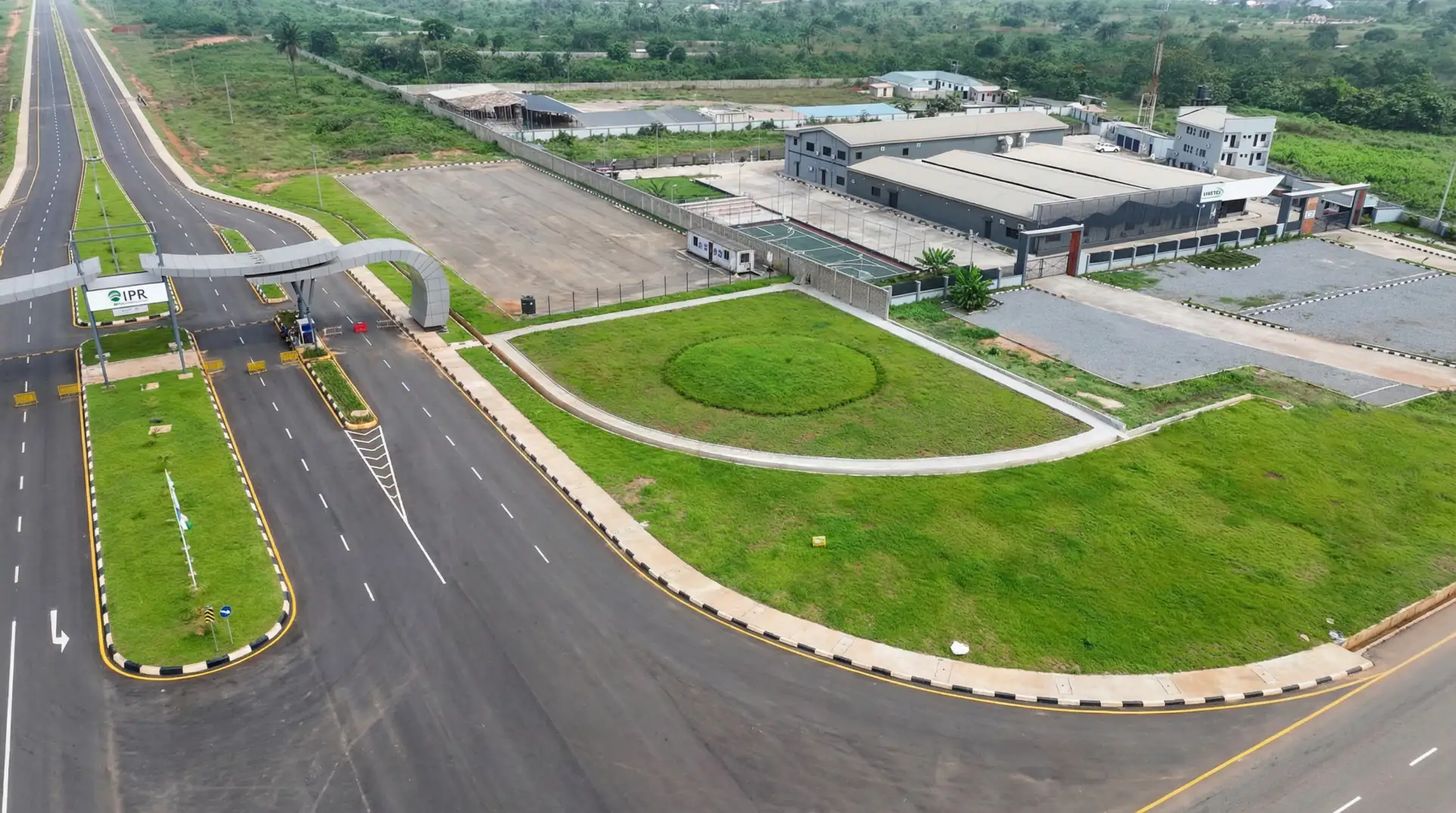
Feb. 5, 2026
Why Ogun State Is Emerging as a Prime Destination for Long-Term Investment

Jan. 13, 2026
Why Asia is Investing in Africa: 3 Strategic Signals for Global Manufacturers

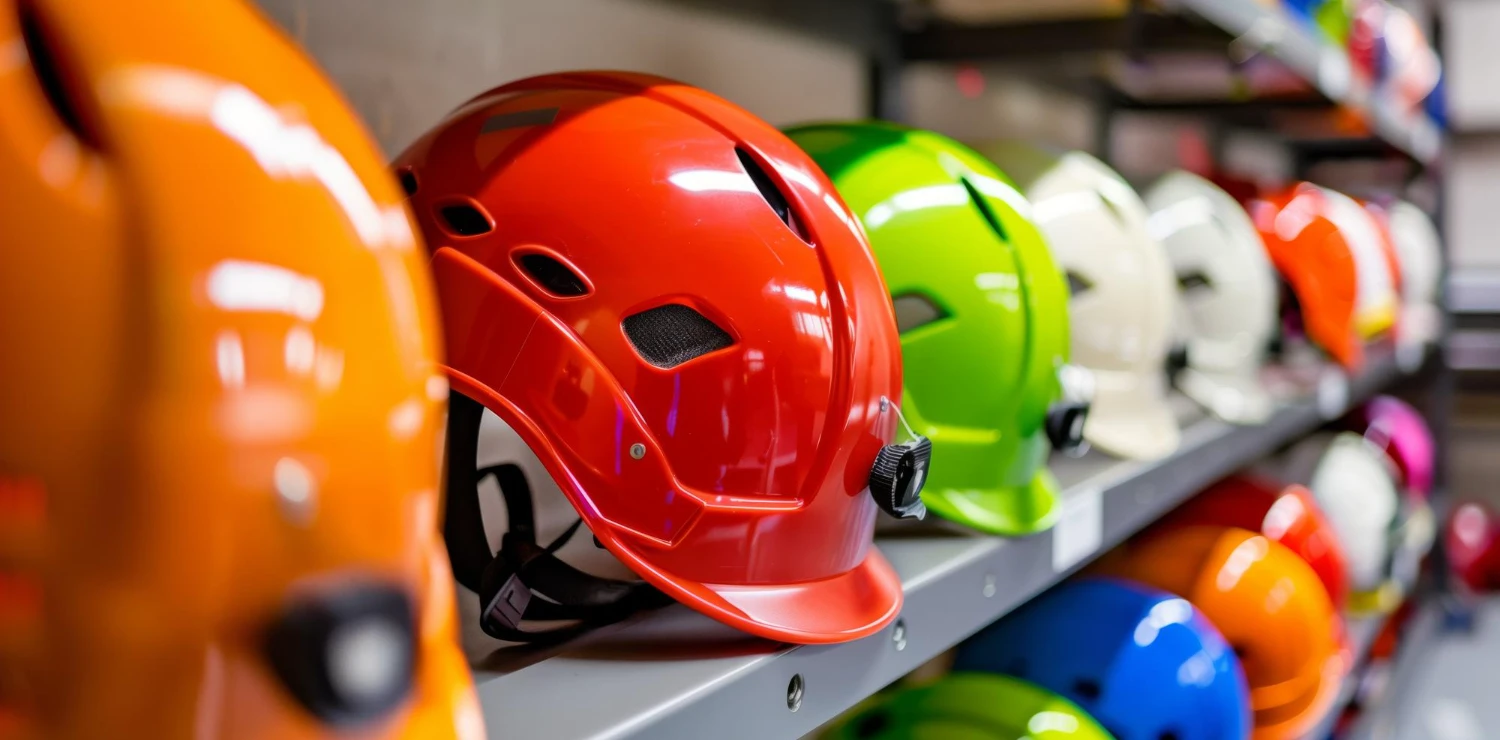
Nov. 21, 2025
Numbers Don’t Lie: Helmet Manufacturing Is Africa’s Emerging Sunrise Sector











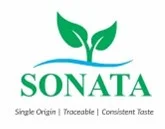
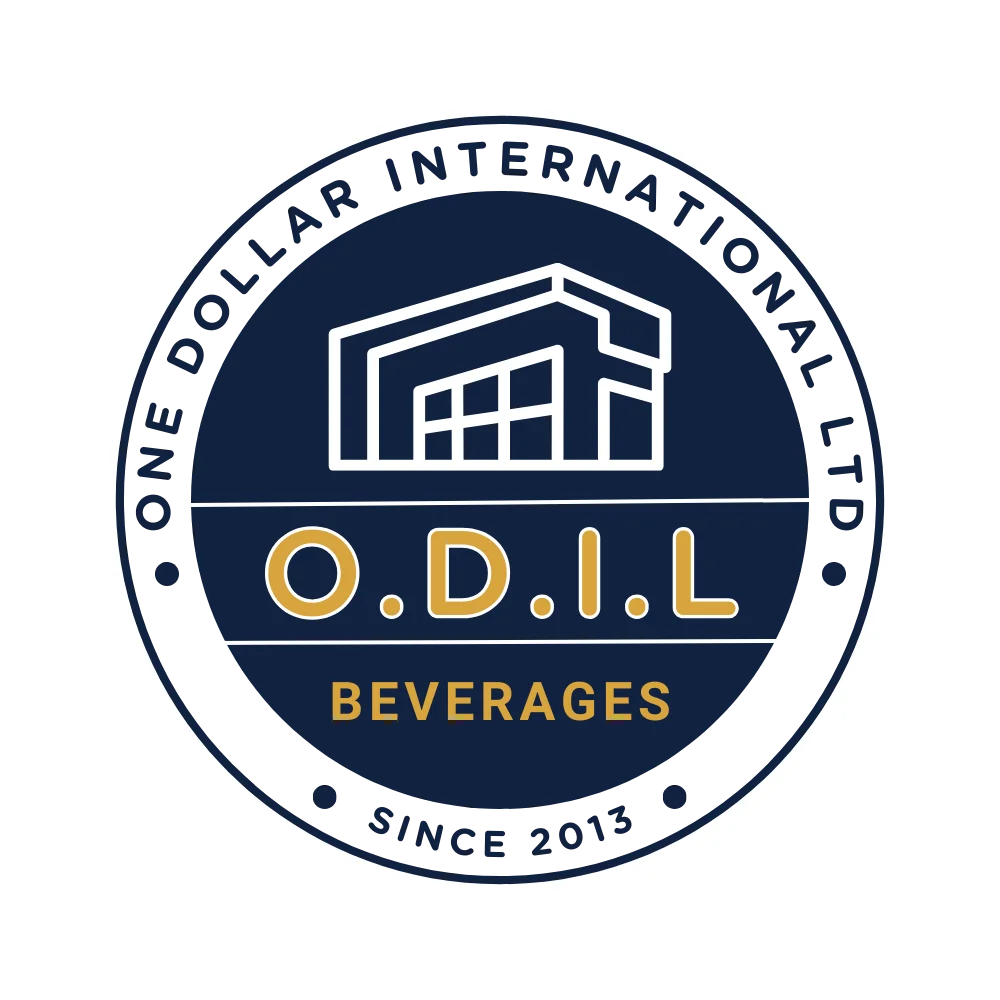
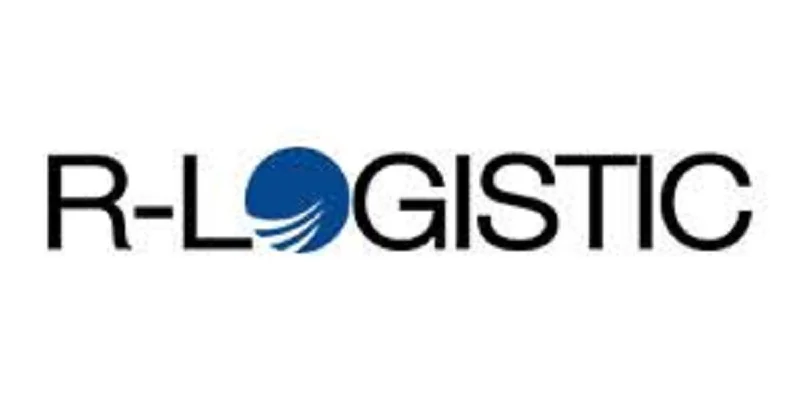

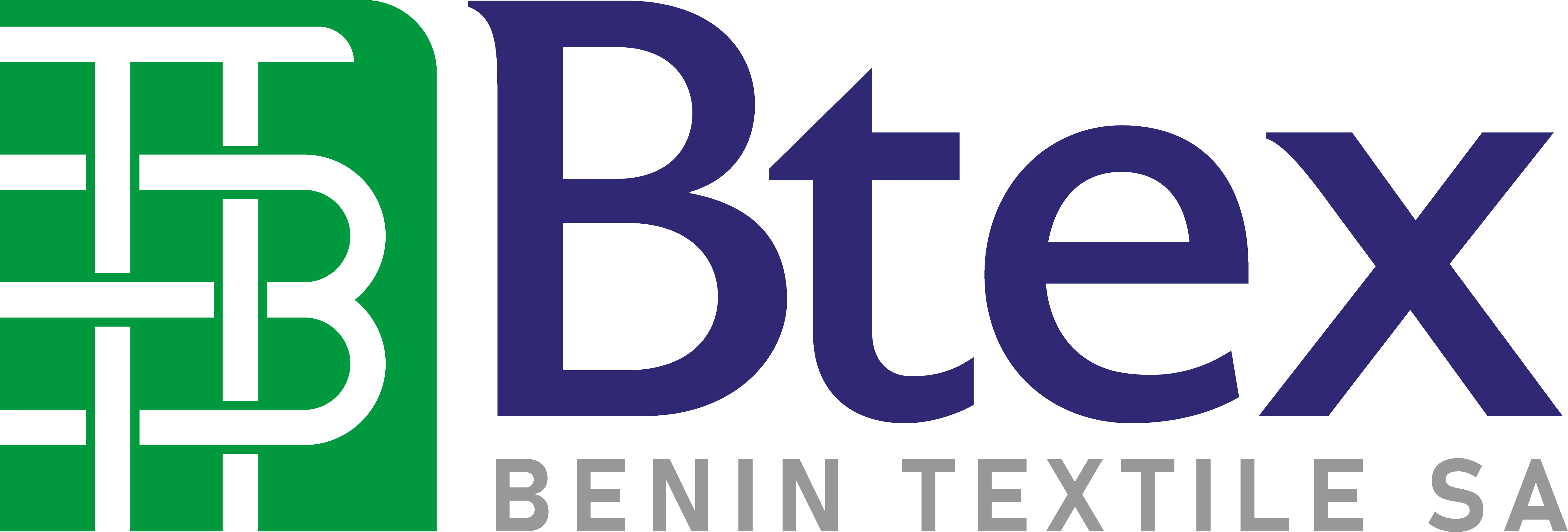
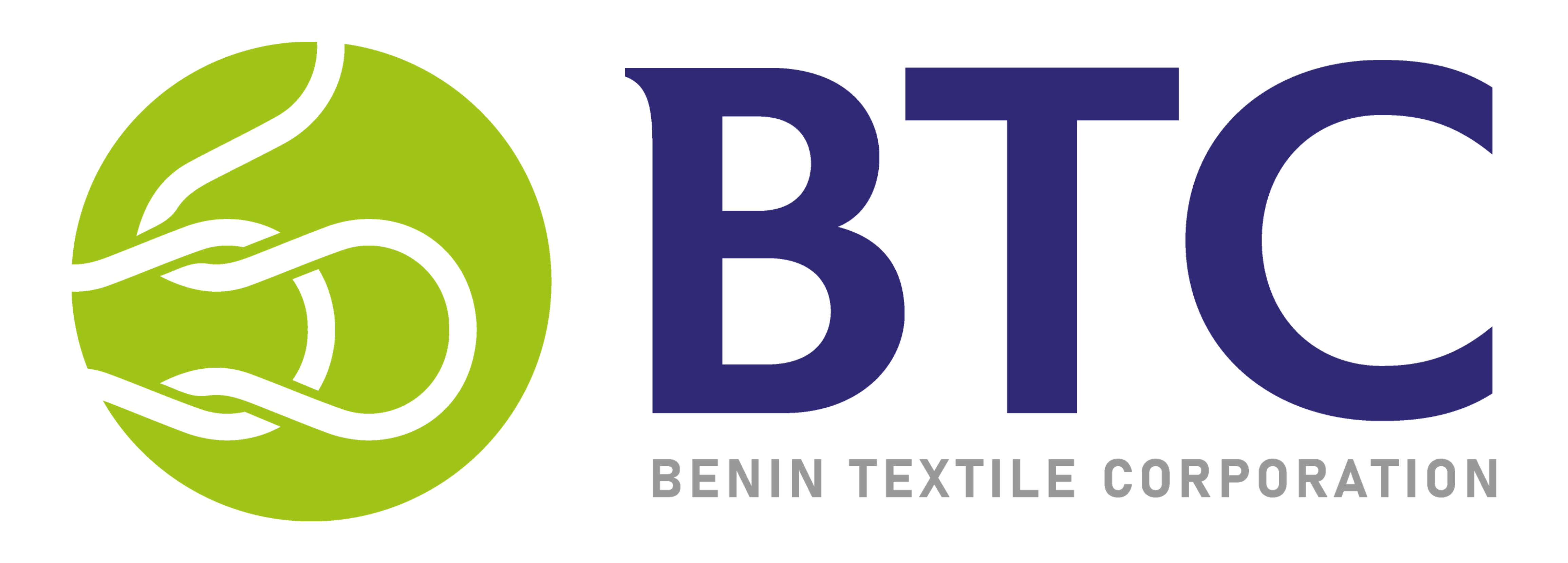

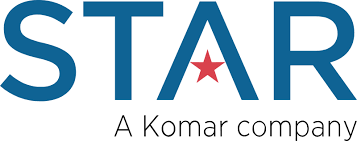
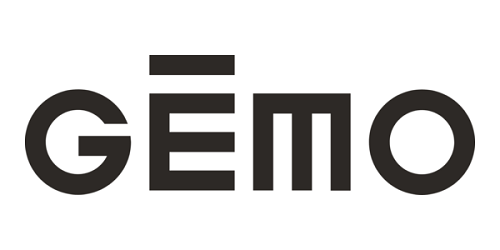

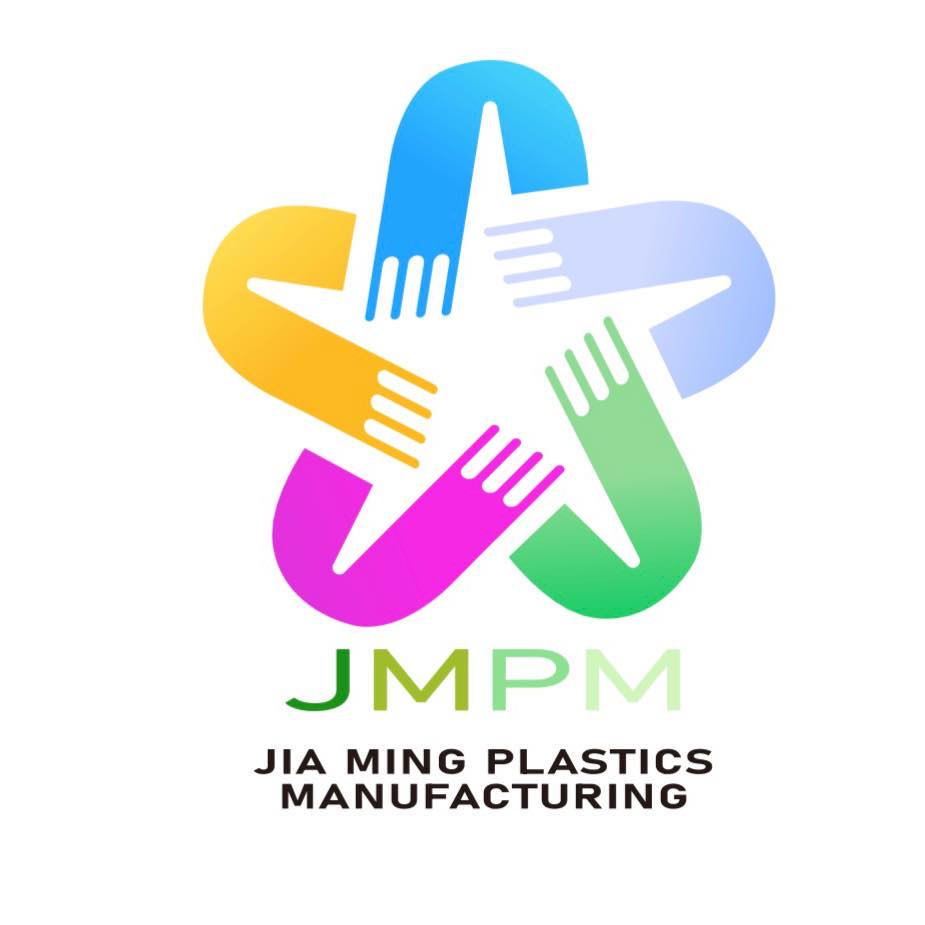



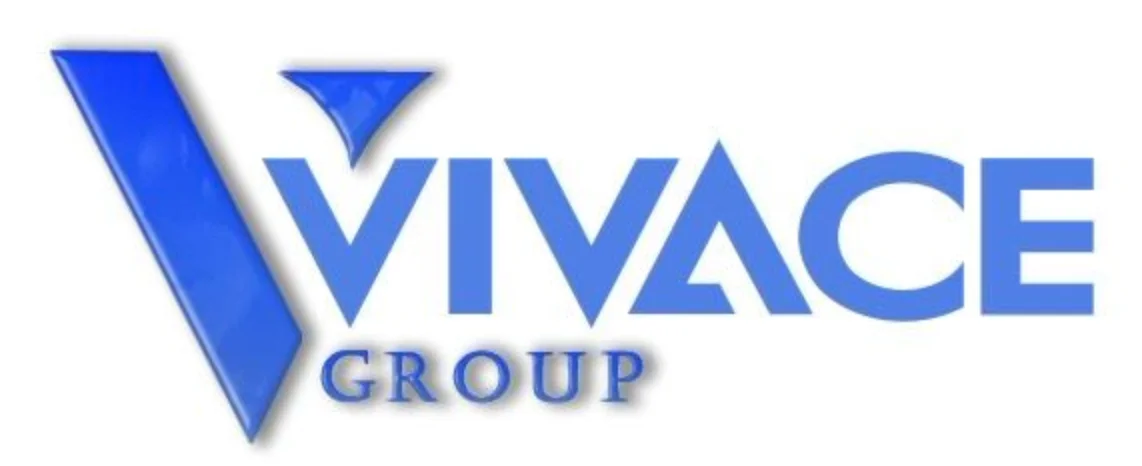
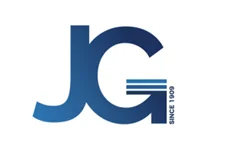
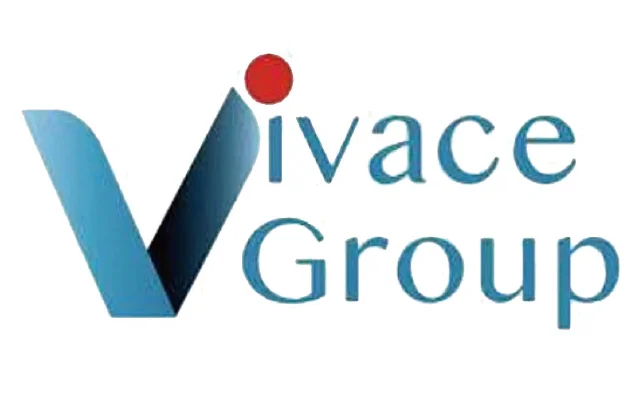

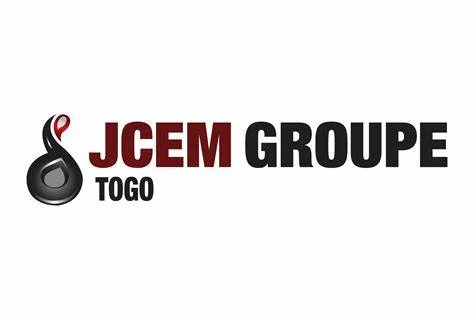
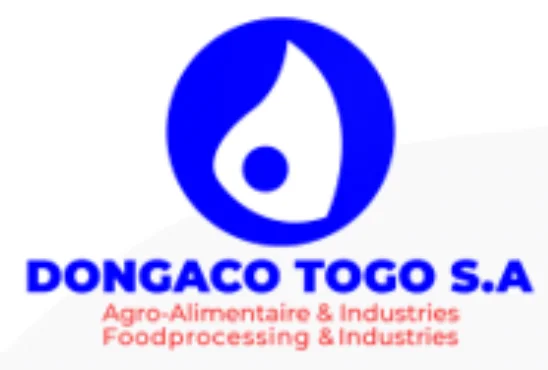


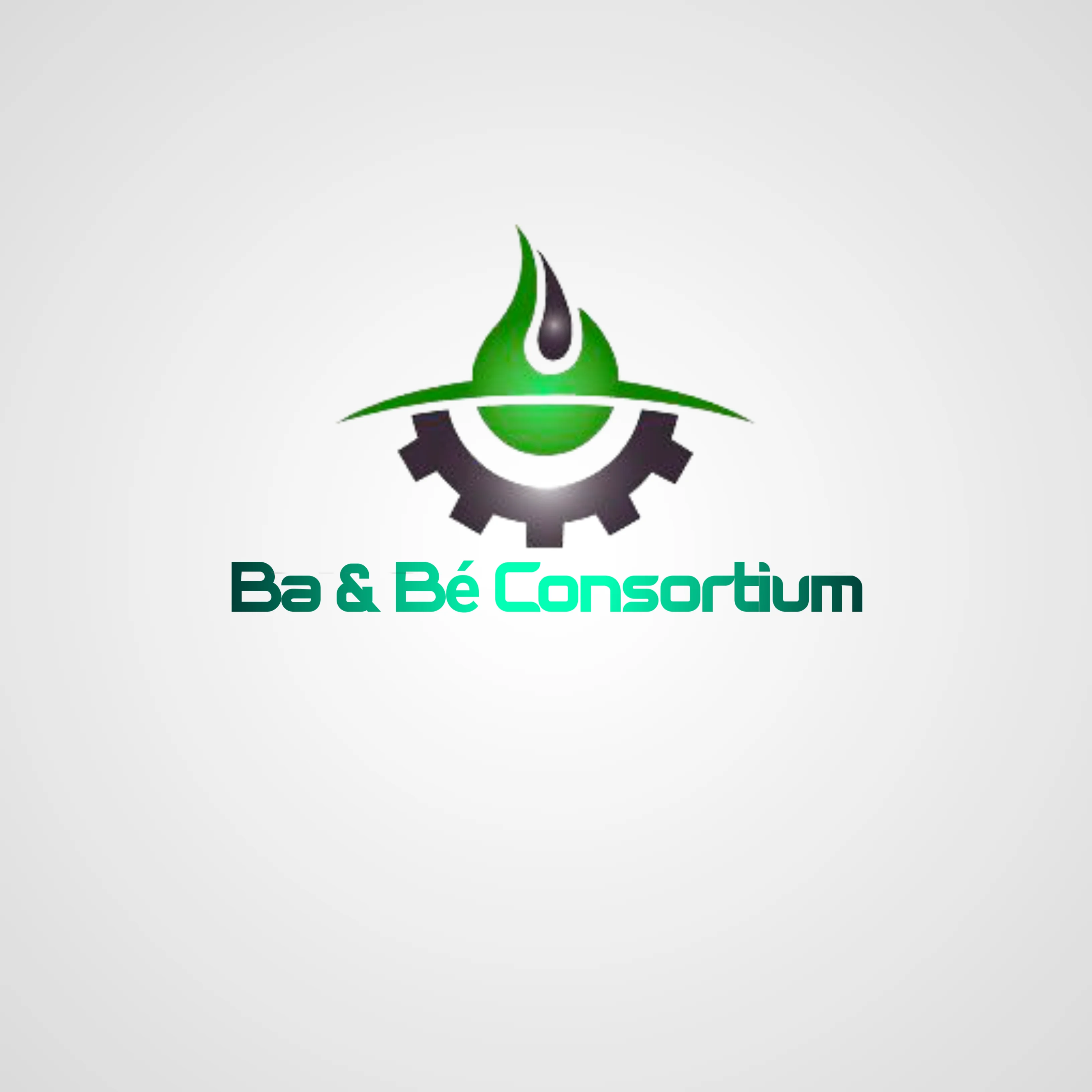











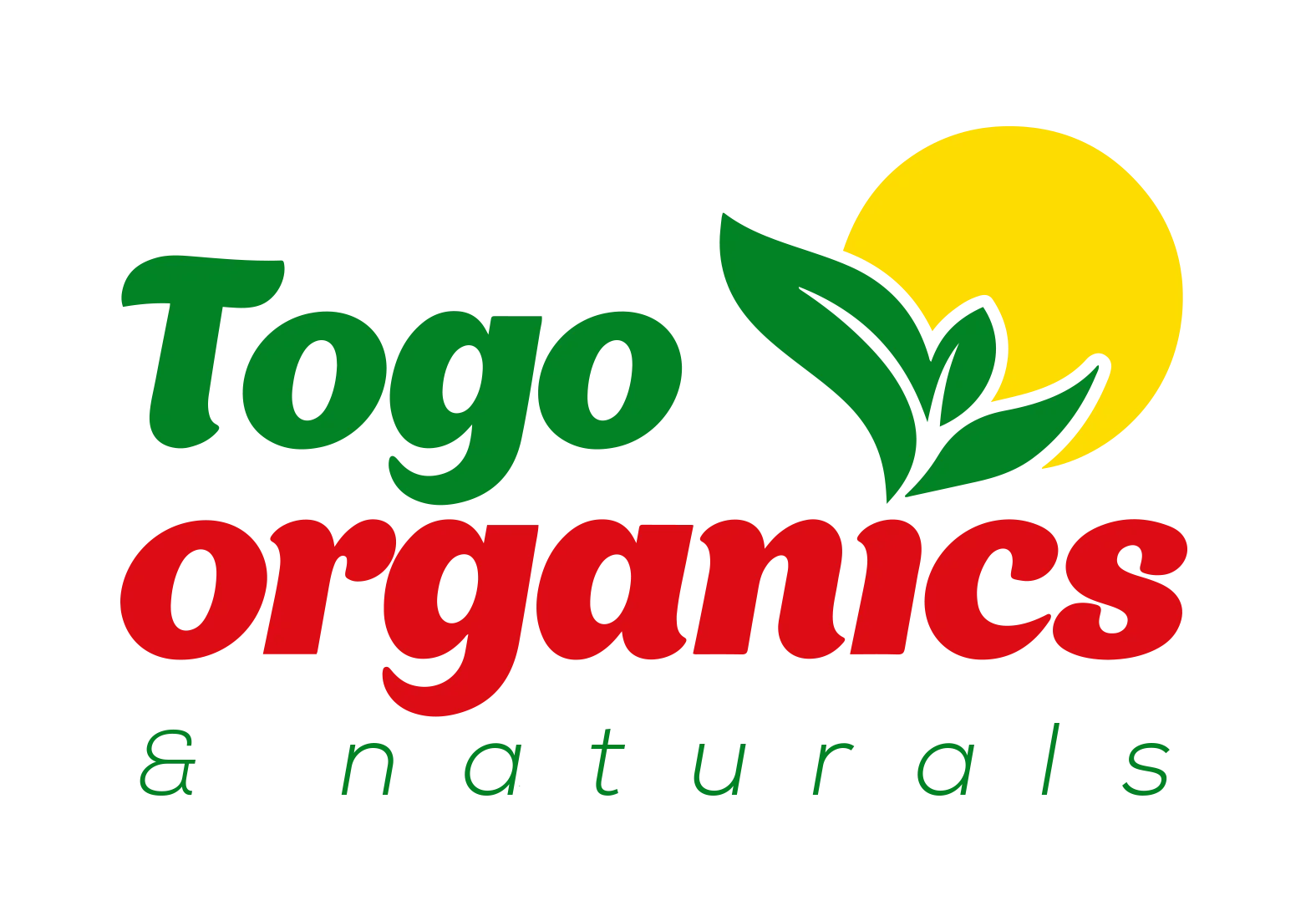
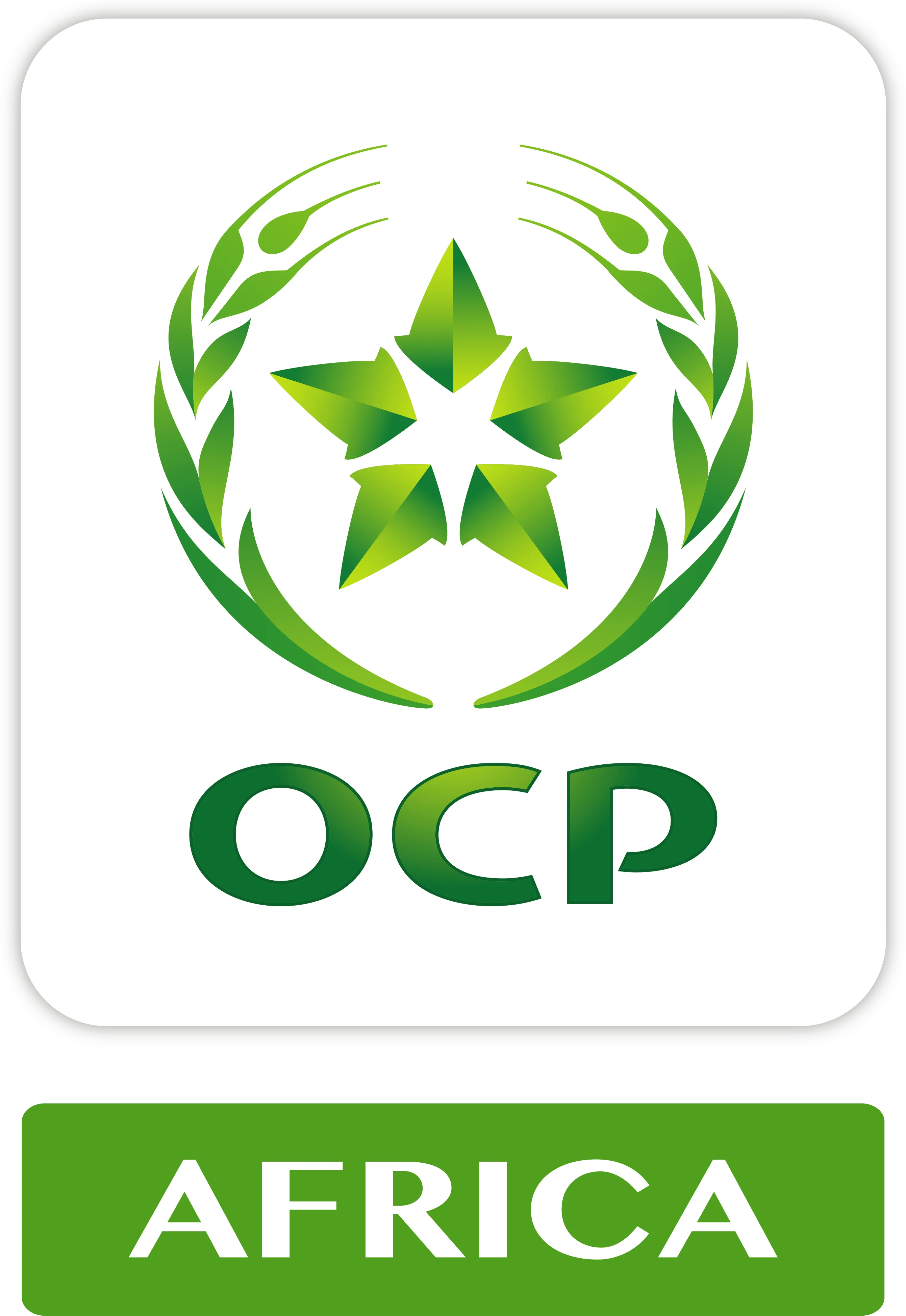
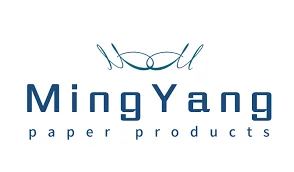

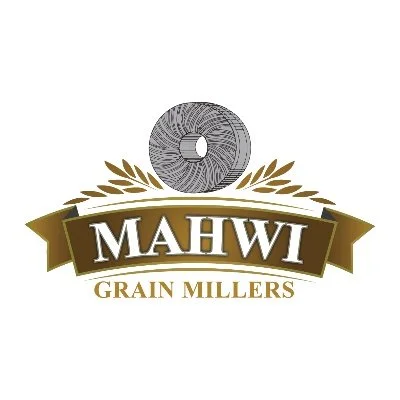

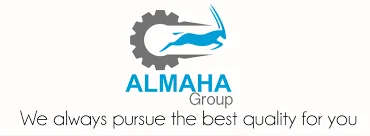



What is the size of the automotive market in Nigeria?
The automotive and spare parts market is valued at approximately $4 billion annually, driven by the demand for both new vehicles and replacement parts. This market continues to expand due to the growing vehicle fleet and rising consumer demand.
What is the vehicle fleet size in Nigeria?
Nigeria has over 11 million vehicles on its roads, with the fleet expected to grow as the economy improves and consumer purchasing power increases, further driving the demand for spare parts and vehicle-related services.
What percentage of automotive spare parts are imported into Nigeria?
Approximately 70-80% of the spare parts required by Nigeria’s automotive sector are imported, creating a significant gap for local production and an opportunity for investors to capitalize on this unmet demand.
What is the government's role in the automotive sector?
The Nigerian government is very supportive of the automotive industry through initiatives like tax breaks, import duty exemptions, and investment incentives. The National Automotive Design and Development Council (NADDC) works to promote local manufacturing.
What are the growth prospects for Nigeria’s automotive industry?
The automotive sector in Nigeria is expected to grow at a 5% CAGR over the next decade, driven by increasing vehicle sales, a rising middle class, and improved manufacturing capabilities.
What are the key investment opportunities in Nigeria's automotive sector?
The opportunities include establishing local assembly plants, investing in spare parts manufacturing, setting up distribution networks, and leveraging the growing demand for automotive services in urban and rural areas.
What is the future of automotive and spare parts manufacturing in Nigeria?
The government is focused on increasing local content in vehicle production and spare parts manufacturing. By 2030, Nigeria plans to significantly reduce spare parts imports and become a regional hub for automotive manufacturing, creating growth potential for investors.
Compare
Dear investor, please compare similar category items- either Locations or Opportunities.
*Already subscribed.
*Enter your name/email.

Sign up for exclusive investment alerts.
Already subscribed? Skip
Thank You For Subscribing to
Africa For Investors.

You will be redirected to AFI’s Linkedin Profile in 10 seconds.
Stay On AFI Website